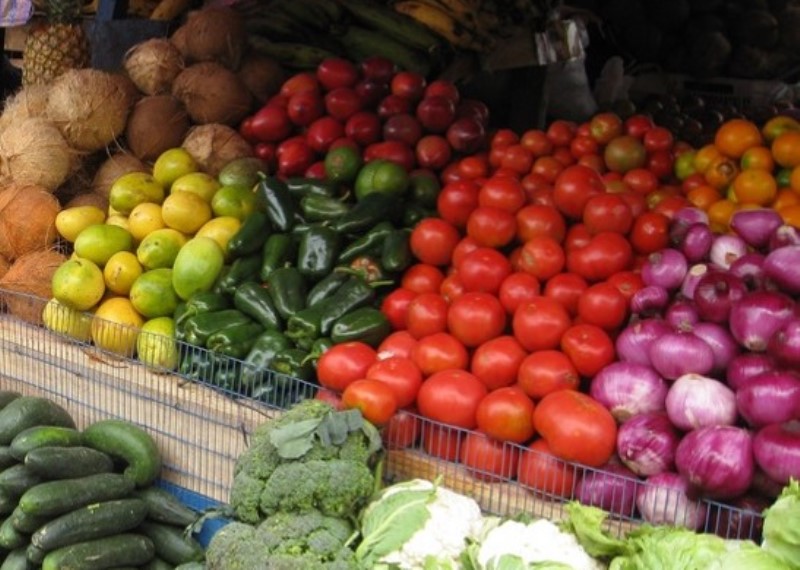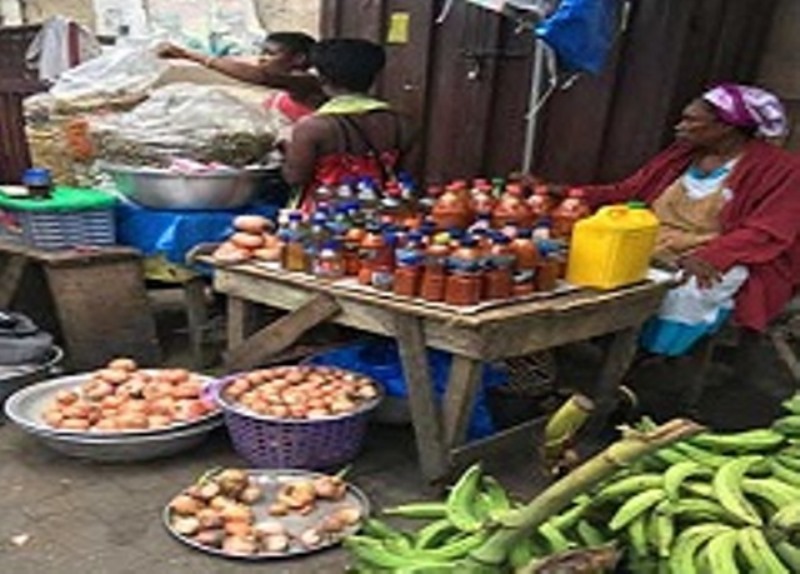Prior to starting the HD4HL project, some members of the project team were involved in other food environments, obesity and noncommunicable diseases (NCD)-related projects. A few of these ‘sister’ projects are summarised below:
Measurement Evaluation, Accountability and Leadership Support [MEALS] for NCDs (MEALS4NCDs): Measuring the healthiness of Ghanaian children’s food environments to prevent obesity and Non-Communicable Diseases
Like many countries in Africa, Ghana is experiencing an increase in obesity and nutrition-related non-communicable diseases (NCDs). Current statistics for Ghana indicate that annually, NCDs account for about 43% of all deaths. It has long been recognized that the physical and social environments – in which we live, work, and eat are critical determinants of health. More recently, there has been a greater focus on the food environment (FE) as a key determinant of health. We do know that unhealthy food environment drives unhealthy diets; unhealthy diet is one of four main risk factors for NCDs. Code-named "MEALS4NCDs Project", this project provides Measurement Evaluation, Accountability and Leadership Support (MEALS) for NCDs prevention in Ghana and beyond. The project focused on measuring and supporting public sector actions that create healthy food marketing and food provisioning environments for children and adolescents in Ghana, with the aim to prevent obesity nutrition-related NCDs.
More information about the MEALS4NCDs Project is available on the project website.

TACLED project: Dietary Transitions in African Cities: leveraging evidence for interventions and policy to prevent diet-related non-communicable diseases (NCDs)
The TACLED project investigated the changing food and nutrition environment in the context of rapid urbanisation in Africa. Its main objective was to explore factors associated with dietary patterns (what people eat) and practices (how, where, when and with whom they eat), within two African cities (Accra, Ghana and Nairobi, Kenya). The project employed a combination of novel data collection techniques (including using existing scientific evidence and engaging the local people and stakeholders) to gather information about the people’s eating patterns and practices, and the factors associated with them, and to develop context-appropriate guidelines and policies for creating healthier food environments in the two cities.
More information about the TACLED project is available on the project website.

Drivers of Food Choice (DFC) Dietary Transitions in Ghanaian Cities: mapping the factors in the social and physical food environments that drive consumption of energy dense nutrient-poor foods and beverages, to identify interventions targeting women and adolescent girls throughout the reproductive life course.
The DFC Dietary Transitions in Ghanaian cities project examined the factors in social and physical food environments of two Ghanaian cities (Ho and Accra) associated with consumption of energy dense nutrient-poor (EDNP) foods and beverages over the reproductive life course. It also employed a number of methods, including those based on the INFORMAS (International Networkfor Food and Obesity/NCDs Research, Monitoring and Action Support) Healthy Food Environment Policy Index (Food-EPI) and the Community Readiness Model, to leverage evidence for context-specific gender interventions and policies to promote healthy food consumption among women and adolescent girls in Ghana.
Read more about the DFC Dietary Transitions in Ghanaian cities project on the project website.


